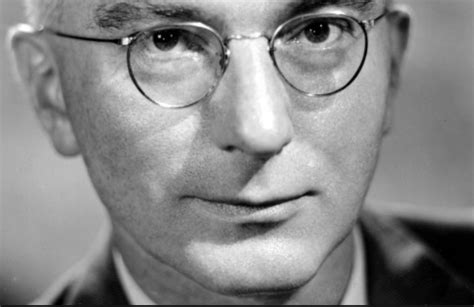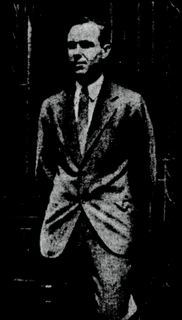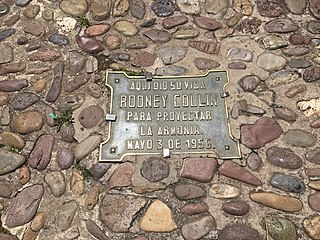A Quote by Danielle LaPorte
The cosmos doesn’t measure sweat and hours for reward. The cosmos deals in the currencies of joy and satisfaction.
Related Quotes
Each individual is a cosmos of organs, each organ is a cosmos of cells, each cell is a cosmos of infinitely small ones; and in this complex world, the well-being of the whole depends entirely on the sum of well-being enjoyed by each of the least microscopic particles of organized matter. A whole revolution is thus produced in the philosophy of life.
We are special in the sense that we can know our place in the cosmos. We can know our place in space. We are at least one of the cosmos's ways of knowing itself. That fills me with reverence and joy. Another insight I really want people to consider is this: everyone has gotten this far. Everyone you meet has made it this far. Nobody is superior to anyone else from an evolutionary standpoint.
































